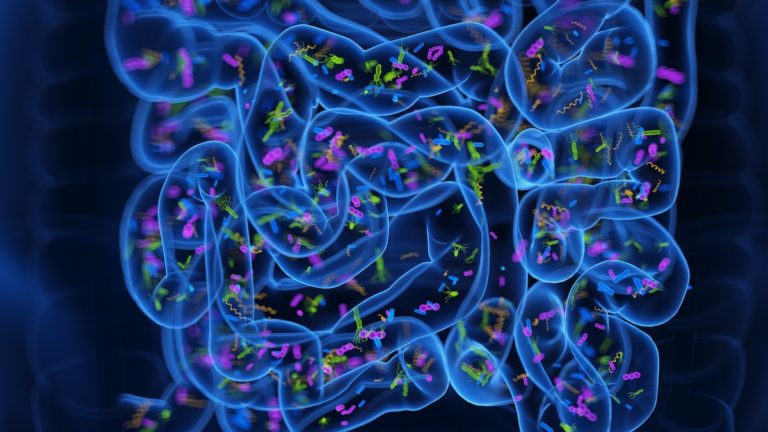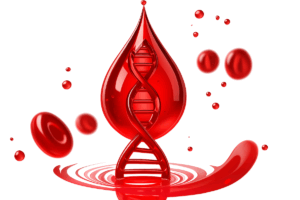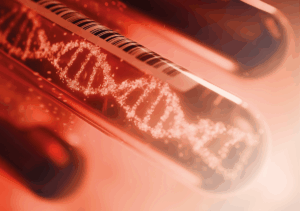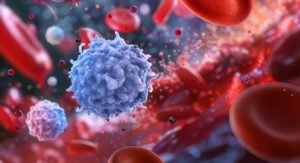Vitamin D is a well-known biomolecule with an important role in calcium regulation, helping to maintain a healthy skeleton. It acts in the intestines, where it is also largely documented that the microbiota has a significant impact not only in digestion, but also on immune reactions, and therefore on a variety of diseases affecting the digestive system.
It has been previously demonstrated that vitamin D (vitD) is positively correlated with protection against colorectal cancer (CRC), one of the most common cancers worldwide in both men and women. To better understand the underlying mechanism of this protective effect, a team from the European Institute of Oncology Milan (IRCCS) led by Federica Bellerba, studied the impact of Vitamin D supplementation on the microbial fauna in people with a history of CRC. Their results are now published in Neoplasia.
In a cohort of 60 former CRC patients, half of them were given daily doses of Vitamin D for a year, and the other half received a placebo. Stools of the patients from both groups were collected after 6 and 12 months of supplementation and among the hundreds of bacterial species populating our guts, the researchers looked for those with a significant variation in their populations between the supplementation and placebo groups. The results showed important variations for about 63 taxa, some being more or less represented in vitD-sufficient persons. This indicates that some bacteria have a specific affinity for vitD-rich environments, whereas it can act as a repellent on other species. The researchers also unveiled sex-related differences: after supplementation, some taxa were more represented in men or in women. Together, these outcomes indicate that those microbiota variations are
influenced by both vitD consumption and sex. These factors also impact biochemical pathways and downstream vitD processing in the body. Studying the impact of bacteria on the synthesis and degradation of specific molecules is important because some of them can have pro or antitumorigenic effects. Various biochemical pathways were positively or negatively affected by the treatment. For example, H. biformis and F. prausnitzii are mostly found in supplemented patients. Moreover, H. biformis is known to produce specific fatty acids able to downregulate tumor cell proliferation and F. prausnitzii releases important anti-inflammatory compounds (anti-inflammation is associated with low cancer risk). This type of results indicated how vitamin D can mediate its anti-CRC properties. However, due to the small size of the population under study and the various environmental, biological and experimental factors at play, the group wants to stay cautious in inferring specific causal relationships. For example the proinflammatory bacterium F. nucleatum was found to be commonly present in CRC patients.
However, this does not mean that F. nucleatum mediates tumor progression. Its abundance seemed higher in the placebo group, which tends instead to confirm the anti-inflammatory properties of vitamin D. To buttress their findings and better understand these interplays, the scientists are now aiming to put them in context with other aspects such as inflammation state and diet, opening the way for a more personalized and holistic approach to multifactorial diseases such as CRC. 4bases’ MICROBIOME panel can help this research by providing scientists with efficient kits to study bacterial phylogeny in a fast and simple way.
Bellerba F, Serrano D, Harriet J, Pozzi C, Segata N, NabiNejad A, Piperni E, Gnagnarella P, Macis D, Aristarco V, Accornero CA, Manghi P, Gonzaga AG, Biffi R, Bottiglieri L, Trovato C, Zampino MG, Corso F, Bellocco R, Raimondi S, Rescigno M, Gandini S. Colorectal cancer, Vitamin D and microbiota: A double-blind Phase II randomized trial (ColoViD) in colorectal cancer patients. Neoplasia. 2022 Oct 21;34:100842. doi: 10.1016/j.neo.2022.100842. Epub ahead of print. PMID: 36279751; PMCID: PMC9594107.





